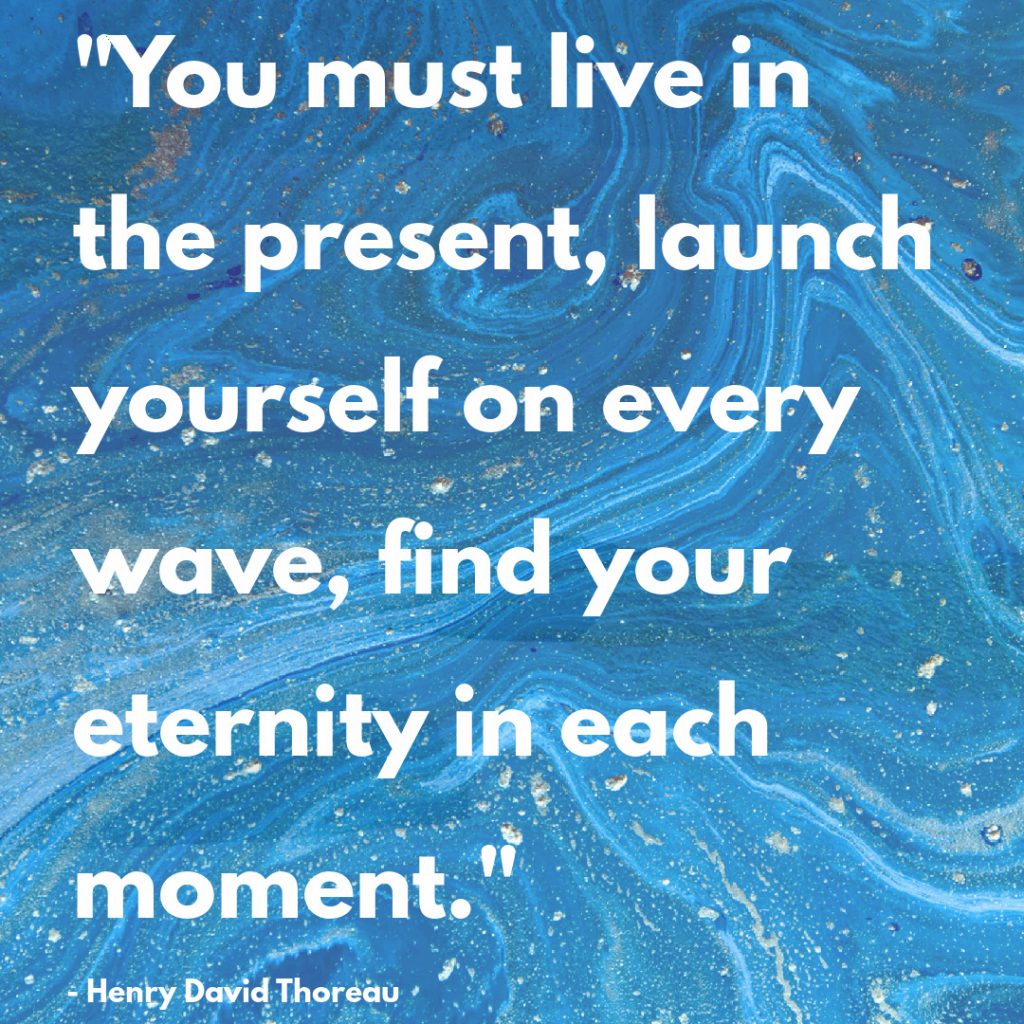Within the last couple of years, a number of families in our friend circles have bravely opened their hearts, homes, and lives to foster children. I have been inspired and astounded by their courage. But I will admit: I have literally prayed that God will not call our own family to follow suit.
Not only am I overwhelmed by the practical challenges of fostering children, but I just don’t know that my heart could handle it. How do you take a child into your care for a time, filling them with love while knowing they will soon leave? How do you keep from getting too attached?
I recently heard an interview in which the podcast guest (a foster mom to a handful of children) addressed this very question, and her response shook me to my core. Her answer: “GET ATTACHED! After all, all love ends in loss.”
All love ends in loss.
I have not been able to stop thinking about that sentence. Because it’s true: whether through death or betrayal or natural fading; whether unexpectedly sudden or painfully gradual or somewhere in between—every single instance of love (at least of the earthly variety) will inevitably draw to a close. This is true in romance, in parenting, in friendships, and even in our love affairs with momentary pleasures: all love will eventually end in some form of loss.

Security and stability are two of my most tightly-held values. So is intentionality. And deliberately checking off boxes in pursuit of a purpose—a stable, irreversible purpose—is my jam. Perhaps that’s why the notion of love’s impermanence is tough for me to wrap my heart around. I like to think that investing in love will render rewards I will reap throughout my (key word: MY) lifetime.
And therein lies the conflict: to accept love as temporary, I must also accept the harsh reality that my loving actions have not been altruistic. My efforts at loving others have centered around my own comfort levels and the benefits my love will bring to me. Sadly, this self-centered approach to love has tunneled my understanding of love’s timelines.
I’ve spent the last couple of months elbow-deep in a study of the Gospels, and in following Jesus’ life, I have been impressed by how present He was with those around Him. Jesus knew His time on earth was short, but He didn’t dwell on the brevity of His stay or His impending death. He was not stingy with his time or his affections or even his miracles simply because His earthly end was in view. True to His subversive nature, Jesus did just the opposite, living His short life to the very fullest.

Jesus took time with His followers, answering their questions and modeling patience and an unhurried approach to relationship. He allowed Himself to be celebrated on Palm Sunday, mere days before He was to be crucified by the very crowds who had hailed Him as King. He even conducted miracles that were soon to be undone: transforming water to wine that would mark a solitary night’s celebration; multiplying loaves and fish that would provide a single day’s nourishment; even raising Lazarus from the dead with full knowledge that Lazarus, like all of us, would eventually succumb to a permanent death. Jesus did not give in to the fallacy that short-term love lacks significance, or that an impending end requires relational restraint. Jesus loved wholeheartedly in the time that He had.
Because Jesus knew that loss within this earthly life was NOT really the end.
It’s true that all love does eventually involve loss: the loss of a relationship or a connection, a diverging of paths, a saying goodbye to a shared experience. But love itself is not lost. It can continue to grow and expand, even as the objects of our love become a distant memory. Love is not bound by space or time, and it continues to do its work in our hearts and in the lives of those we have loved, long after our goodbyes have been said.
THIS is how we love in the face of loss: because what has been lost pales in comparison to all that is gained when we give our hearts to another.

Jesus loved on those around Him because He knew His love would remain long after His earthly time was finished. And my friends who do not withhold love from their foster children are able to do so because they know that, while it might result in an earthly heartbreak for them, their love will have a lasting impact on the children in their care—children who, for the rest of their lives, will know that there was once a family who showed them wholehearted, unconditional love.
As followers of Jesus, we are called to love because He first loved us. His love is not hindered by shortened timetables or impeded by fears of what may or may not lie ahead. His love holds fast in the midst of the most challenging goodbyes. May we follow His model of fiercely pursuing love in the face of loss.